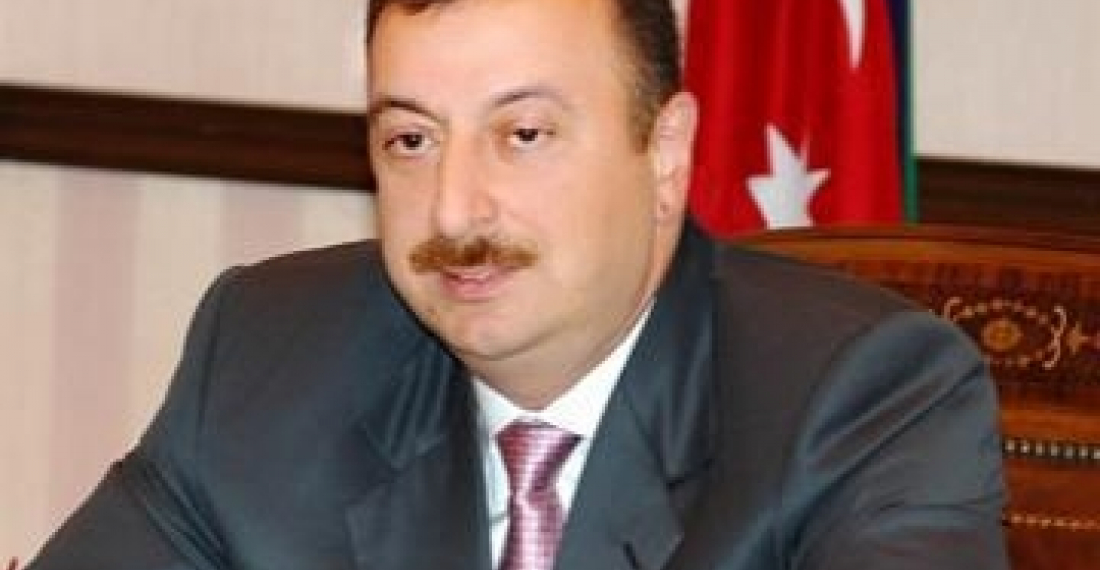“I’ve broadly expressed my thoughts about the main directions of our foreign policy and there is no need to repeat them”.
The statement came from President Ilham Aliyev who participated in a ceremonial event on the 20th anniversary of the Yeni Azerbaijan party that was organized at the Buta palace on 16 November.
The president also said “Simply I want to note that the resolution of the Nagorno Karabakh conflict is the main direction in our foreign policy. We will continue our efforts. I have to repeat that our position is very firm, it is based on international law, history, justice and our growing might. We are in process of talks and all the same we will continue strengthening our military might. Today the gap between Armenia and Azerbaijan is very big and it is growing every day. Azerbaijan is strengthening every year while Armenia is growing weaker. The obvious proof is the mass migration of people from Armenia to other countries. We will further take efforts to deepen Armenia’s isolation. This policy is effective. We see the results. We will further expose the occupational policy of Armenia in all international organizations. The number of our friends in the world is growing. The number of countries that wish to cooperate with us is growing too. Today we have started investing in foreign countries in different directions. This is a new process. And we are going to strengthen this process. Thus, in the future the political and economic ties with all countries will grow even stronger”.
Touching upon the issue of Khojaly genocide, the president noted ‘”Three countries have already recognized the Khojaly genocide as genocide on the official level. This process has already started and will continue. We must seek recognition of Khojaly genocide by a greater number of foreign countries. That is in terms of middle and long-term perspective, restoration of territorial integrity of Azerbaijan does not create doubts either in our country or among mediators, dealing with this issue. Therefore, we believe that the mediators demonstrate a bigger activeness in this issue recently, since everyone knows that the growing political, economic and military might of Azerbaijan will lead to the final resolution in favor of Azerbaijan. I have to repeat that we take part in the negotiation process. But along with this, we take all other measures and are ready to all other variants. I have to note that Azerbaijan has strong legal, historical and political grounds. I do not doubt that Azerbaijan will restore its territorial integrity. The settlement of this issue is possible on the basis of these principles”.
News.Az
Karabakh conflict settlement ‘main direction in our foreign policy’ – President Aliyev
Karabakh conflict settlement ‘main direction in our foreign policy’ – President Aliyev







